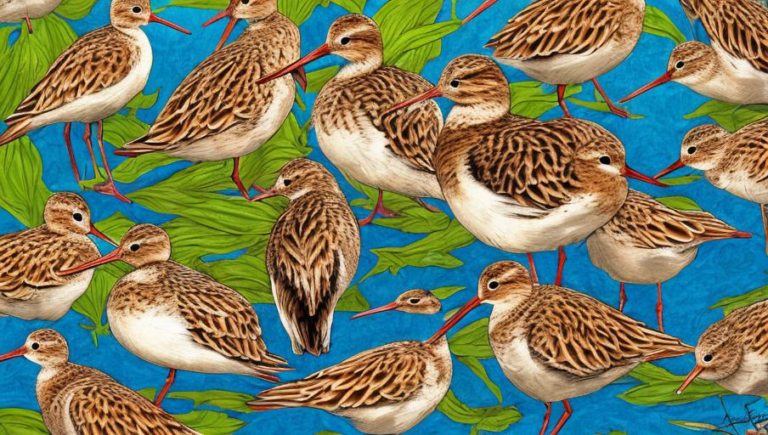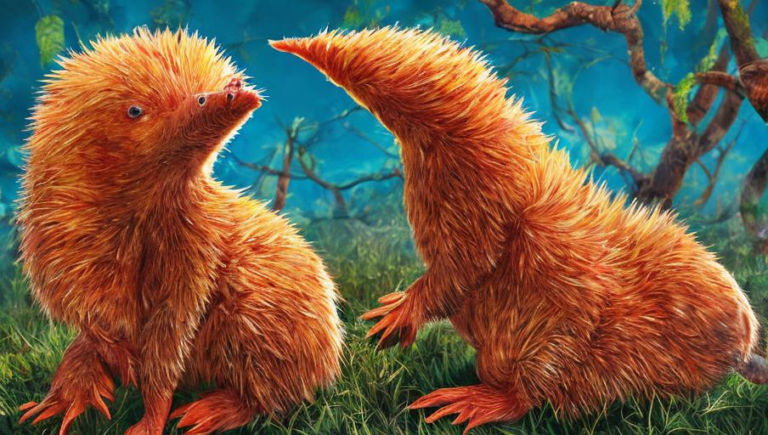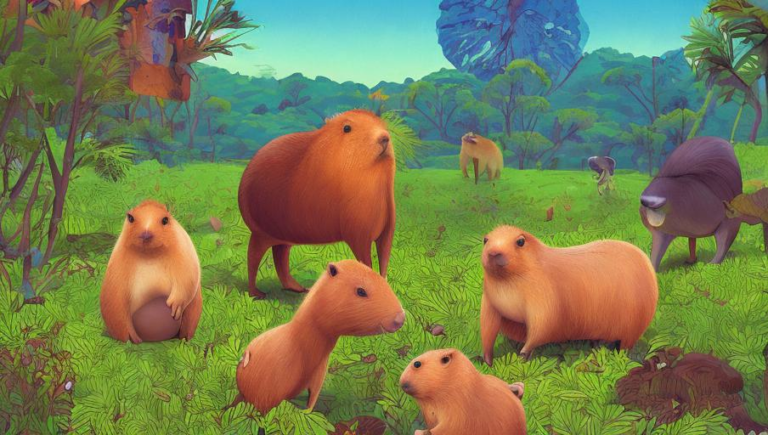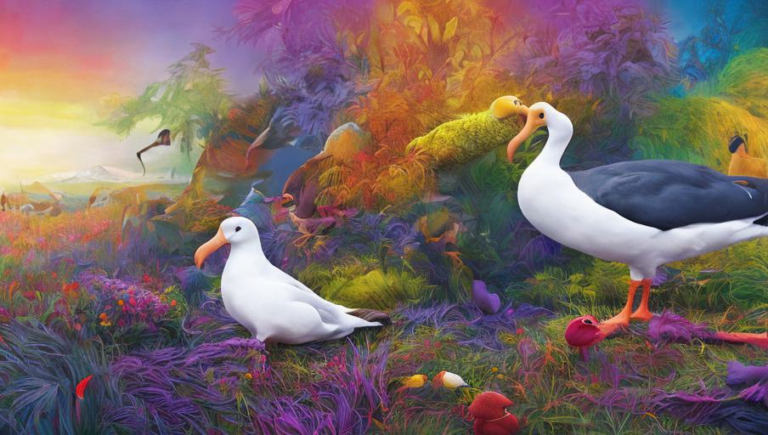History of Sharks: From Prehistoric Times to Now

Introduction
Sharks have been around since prehistoric times, and their presence has been well documented throughout history. From the ancient Greek writings of Aristotle to the modern day, sharks have been a part of our collective knowledge. In this article, we will take a look at the history of sharks and how they have evolved and changed over time.
Prehistoric Sharks
Sharks first appeared in the fossil records about 400 million years ago, in the Devonian Period. During this period, the first shark-like creatures began to appear. These creatures had very different shapes and sizes from modern sharks, with some of them being more closely related to rays than to modern sharks.
Ancient Sharks
The ancient Greeks were the first to record sharks in their writings. Aristotle wrote about these creatures in the fourth century BC, and he described them as “strange and monstrous”. He also wrote that they could be found in deeper parts of the sea.
Medieval Sharks
In the Middle Ages, sharks were mentioned in literature and art. Sharks were often portrayed as dangerous creatures, and they were often used as symbols of evil and chaos. This is in stark contrast to the modern view of sharks, which is much more positive.
Modern Sharks
Modern sharks have been studied extensively over the past few centuries. In the 19th century, the first scientific studies of sharks began. This was followed by further studies into the behavior and biology of sharks. By the beginning of the 21st century, scientists had a much better understanding of sharks, and their importance as a keystone species in the ocean was becoming more apparent.
Conclusion
Sharks have been around for hundreds of millions of years, and they are an important part of our collective knowledge and understanding of the natural world. From the earliest records of their existence, sharks have been both feared and respected. As our knowledge of sharks has grown, so too has our appreciation for them and their importance in the ocean.





